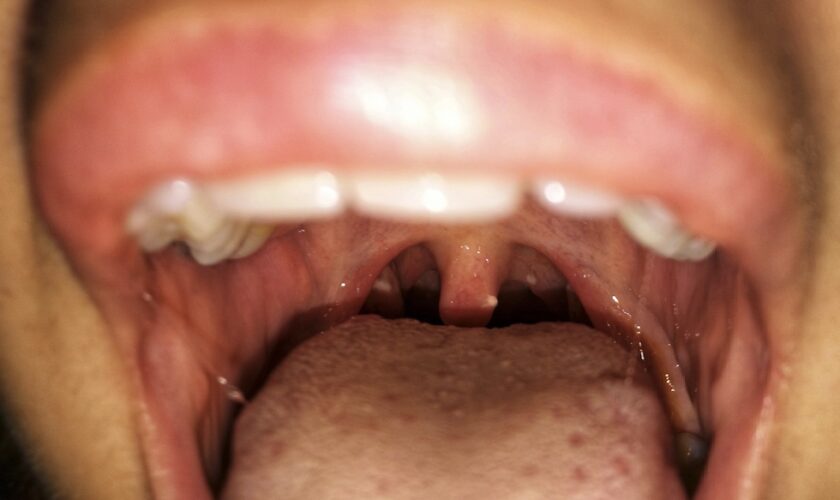Public Health Wales: Awareness of mouth cancer symptoms could save lives

A new report by Public Health Wales warns that delayed medical attention for symptoms of mouth cancer is leading to late-stage diagnoses, with over half of cases being identified at stages 3 or 4.
Men are particularly likely to delay seeking help, contributing to higher mortality rates.
Mouth cancer is becoming increasingly common in Wales, particularly in the most deprived areas.
Risk factors include sun exposure for lip cancer, tobacco and alcohol for cancers of the tongue and floor of the mouth, and human papilloma virus (HPV) for cancers at the back of the mouth.
Despite the importance of regular dental visits, most mouth cancer referrals in 2023 came from GPs rather than dentists.
Men are twice as likely as women to develop mouth cancer, with cases peaking in men aged 60-69.
In 2022, nearly 120 men in Wales died of the disease.
While 65% of people survive five years post-diagnosis, survival rates are improving, particularly for those aged 15-54.
Symptoms to Watch
Mouth cancer can develop in several areas, most commonly the tongue.
Symptoms can often be mistaken for minor oral issues, such as ulcers or infections, so early checks are crucial.
Warning signs include:
- A mouth ulcer lasting more than three weeks.
- Red or white patches in the mouth.
- Lumps inside the mouth or on the lip.
- Pain in the mouth.
- Difficulty swallowing or speaking.
- Hoarseness or a croaky voice.
- A lump in the neck or throat.
- Unexplained weight loss.
Professor Paul Brocklehurst, Consultant in Dental Public Health at Public Health Wales, emphasised the importance of early detection.
“As with all cancers, early diagnosis means prompt treatment to target cancers before they spread. If anyone notices one of the warning signs, they should either see their dental professional or their GP. Routine dental check-ups are essential, as dental professionals are trained to spot the early signs of mouth cancer.”
Public Health Wales urges everyone to prioritise their oral health, especially those in high-risk groups.
Regular dental visits and awareness of symptoms could save lives by enabling earlier treatment. For more information, visit Public Health Wales.
[Photo: depositphotos.com]
Spotted something? Got a story? Email: [email protected]
Latest News
